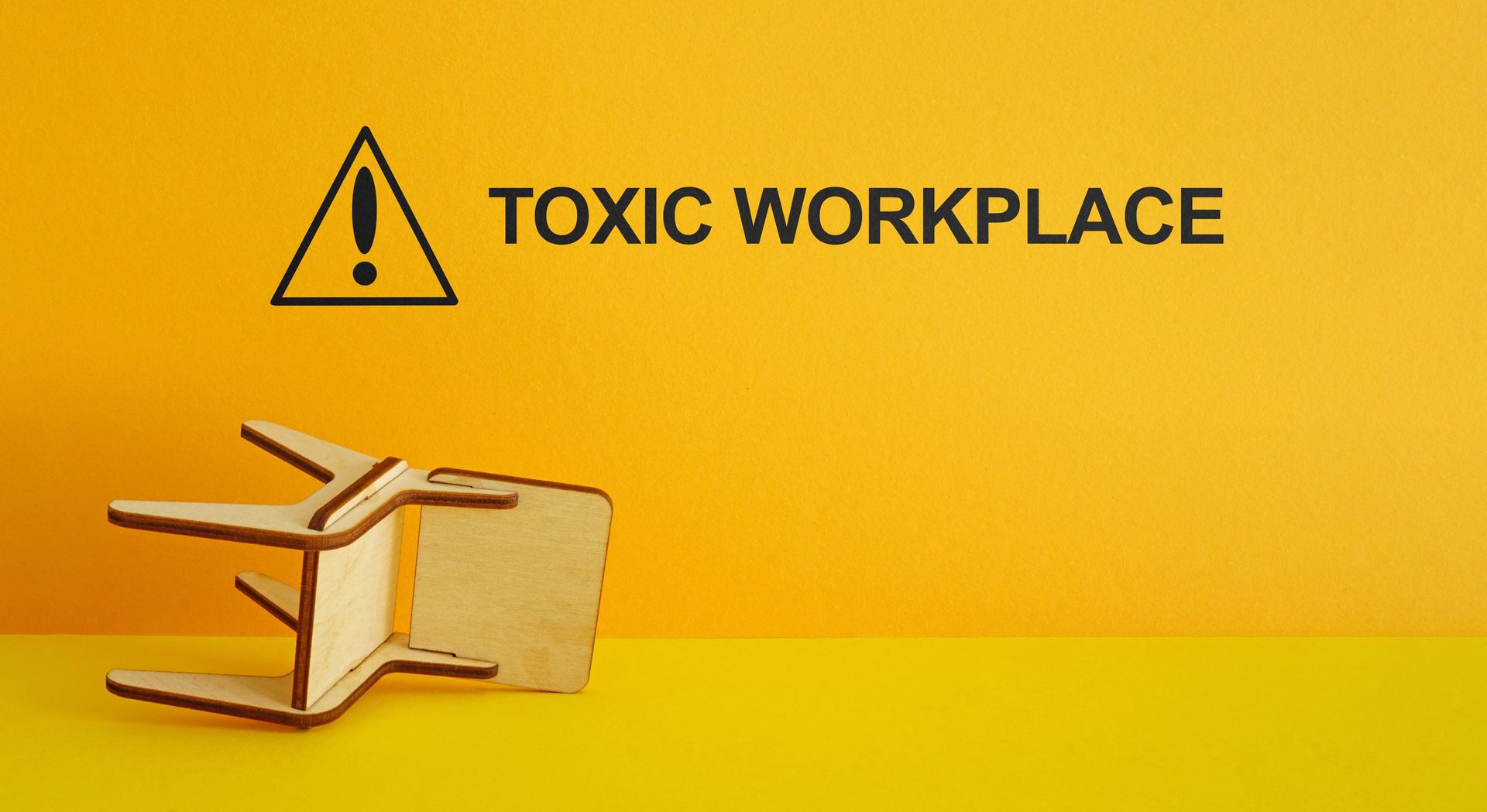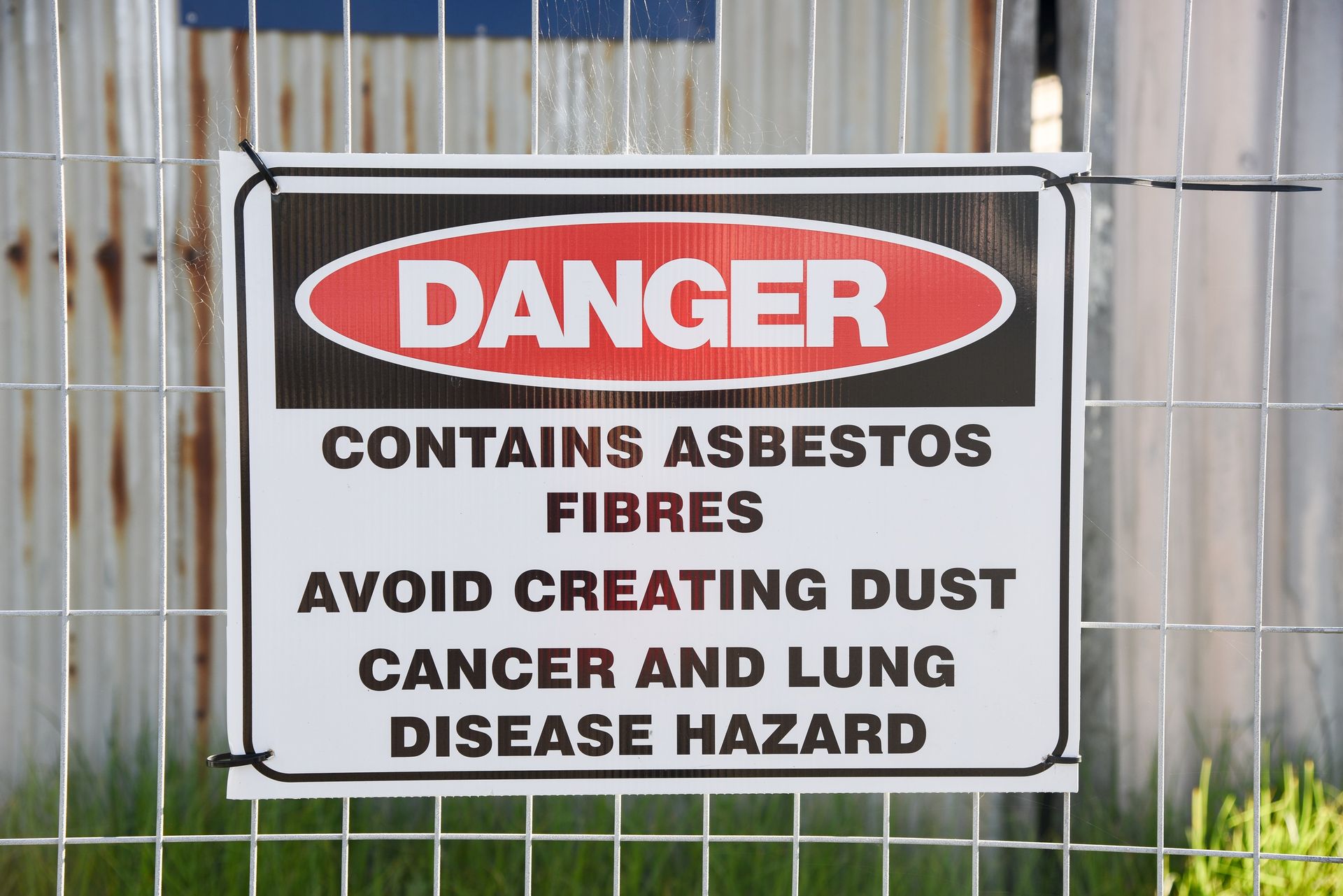The consequences of dealing drugs from cars
Kells Lawyers • January 12, 2016
If a person is found guilty of a serious criminal offence, it is common knowledge that that person may find themselves facing strict court penalties. What is less known, is that that same person may also face the loss of property that was gained, or used in the commission of those same offences.
The Confiscation of Proceeds of Crime Act 1989 (NSW)allows a court to deal with property linked to serious criminal offences in a variety of ways. The legislation operates by enabling courts to issue Freezing Notices that preserves ‘tainted property’, until the outcome of criminal proceedings. If guilt is established, an order can be made to permanently confiscate property that was derived from or used to commit a ‘serious offense’.
A ‘serious offense’ encompasses any offense that can be prosecuted on indictment or relates to the supply of restricted substances under ss 16 and 18 A Poisons and Therapeutic Goods Act 1966.
‘Tainted property’ refers to property that is used in one of three ways. Firstly, property that is used in connection with the commission of a serious offence. Secondly, property that was gained by substantially deriving or realising gains from property used in or in connection with the commission of a serious offence. Thirdly, property can be deemed tainted property if it was substantially derived or realised from the depiction of the thoughts, opinions or emotions of an individual involved in committing the serious offence.
A common scenario that can arise is where a person is found guilty of dealing in the supply of prohibited drugs. If that supply was conducted from a person car, that car may be considered tainted property. This is because the car has been used in connection with the commission of a serious offence. If found guilty, the car may be classified as tainted property and confiscated from the person. This would be in addition to any penalty also imposed by the court.
The purpose of the Confiscation of Proceeds of Crime Act 1989 (NSW)legislation is to deprive people of the benefits associated with criminal behaviour. The idea is that this legislation will reduce the motivation of people to pursue criminal activities for monetary gain by confiscating their financial gains.
This legislation is seen as both a specific and general deterrent to people considering undertaking criminal behaviour, but it can also have a greater punitive effect than gaol time, especially for those who have become wealthy from their criminal activity and then consequently are stripped of their ill-gotten gains.
The State uses the confiscated proceeds to reimburse their costs in policing and regulating criminal activity. The proceeds are also used in compensating society for the damage caused by the illegal activities by distributing the money into the Victim Support Funds.
In New South Wales, once you have been found guilty of a serious offence, the police prosecution can apply for a Forfeiture Order that transfers ownership of the property to the State. However, if there are any encumbrances or registered interests upon the property, such as a car loan, then creditors can be compensated for their interest in the property at the time the asset is sold.
There are some rights of appeal and avenues a person can pursue to stop the confiscation of property. If a Freezing Notice, Confiscation Order or Drug Proceeds Order has been issued against your property, there are processes to apply to either have the Freezing Notice set aside, or to defend against the forfeiture of your property. Given the complicated nature of the law in this area, it is always advisable to seek legal advice as soon as possible.
This article was written by the Kells Criminal Law Team.

Kells has been delivering outstanding services and legal expertise to commercial and personal clients in Sydney and the Illawarra region for more than five decades. Our lawyers are savvy and understand your needs.
Subscribe
Want to get the latest articles and news delivered to your inbox?




